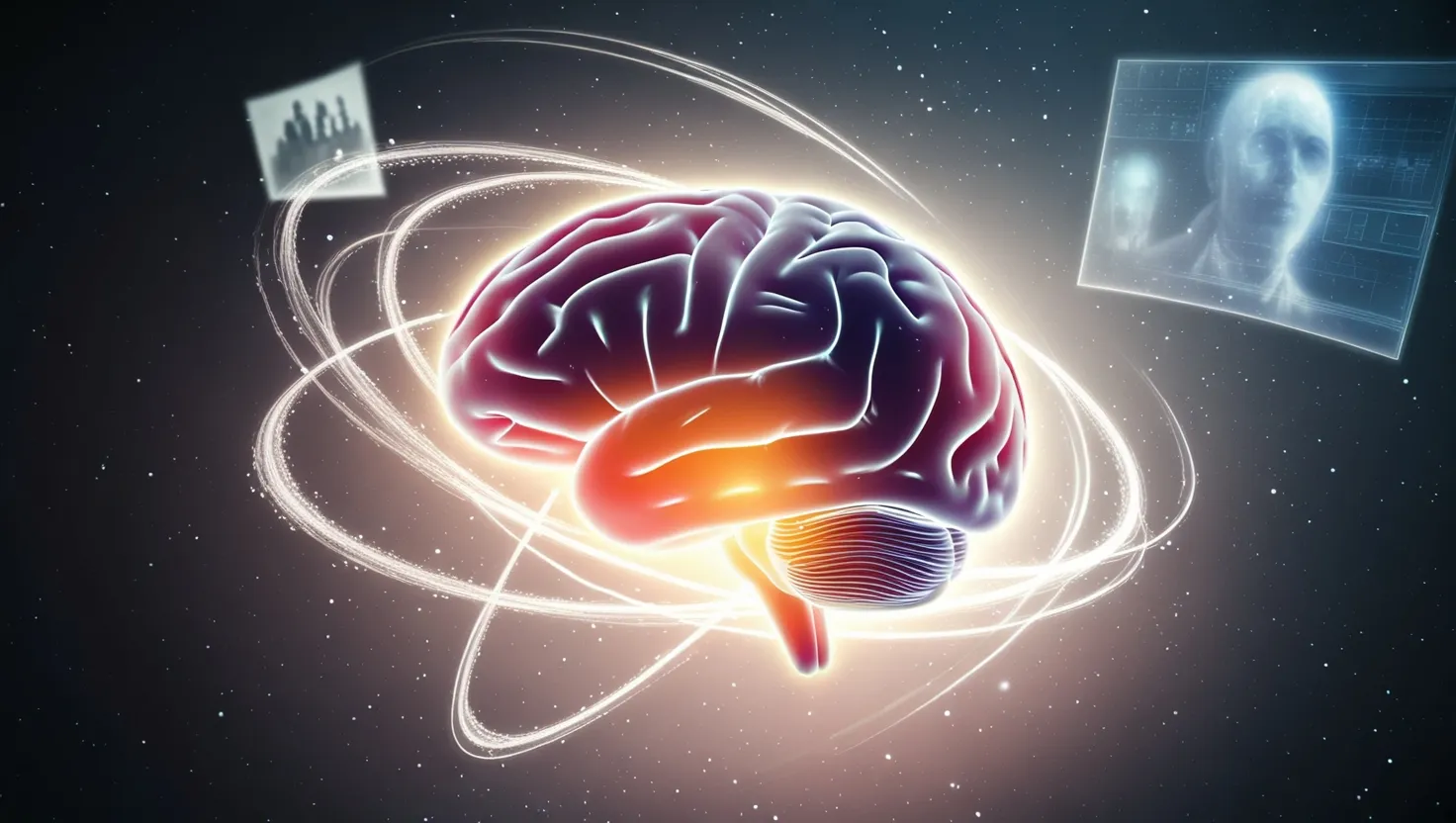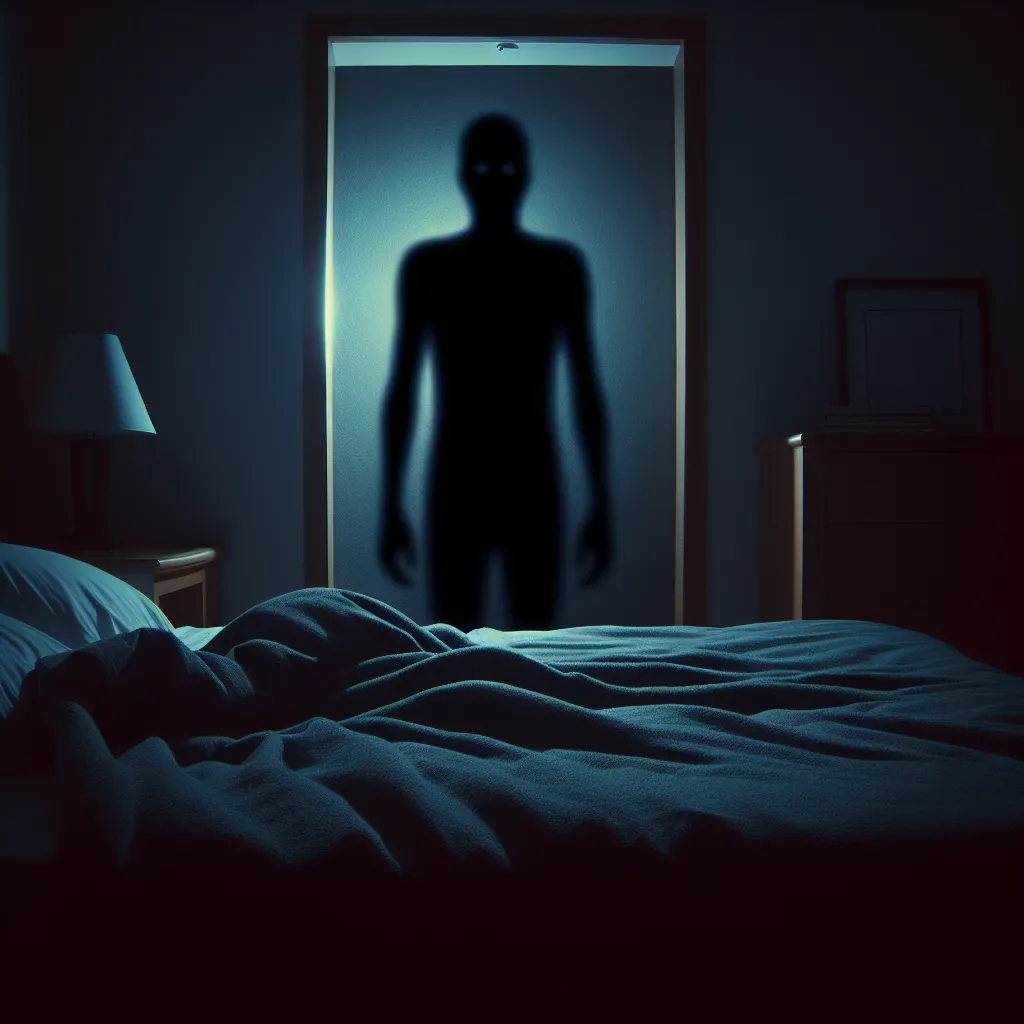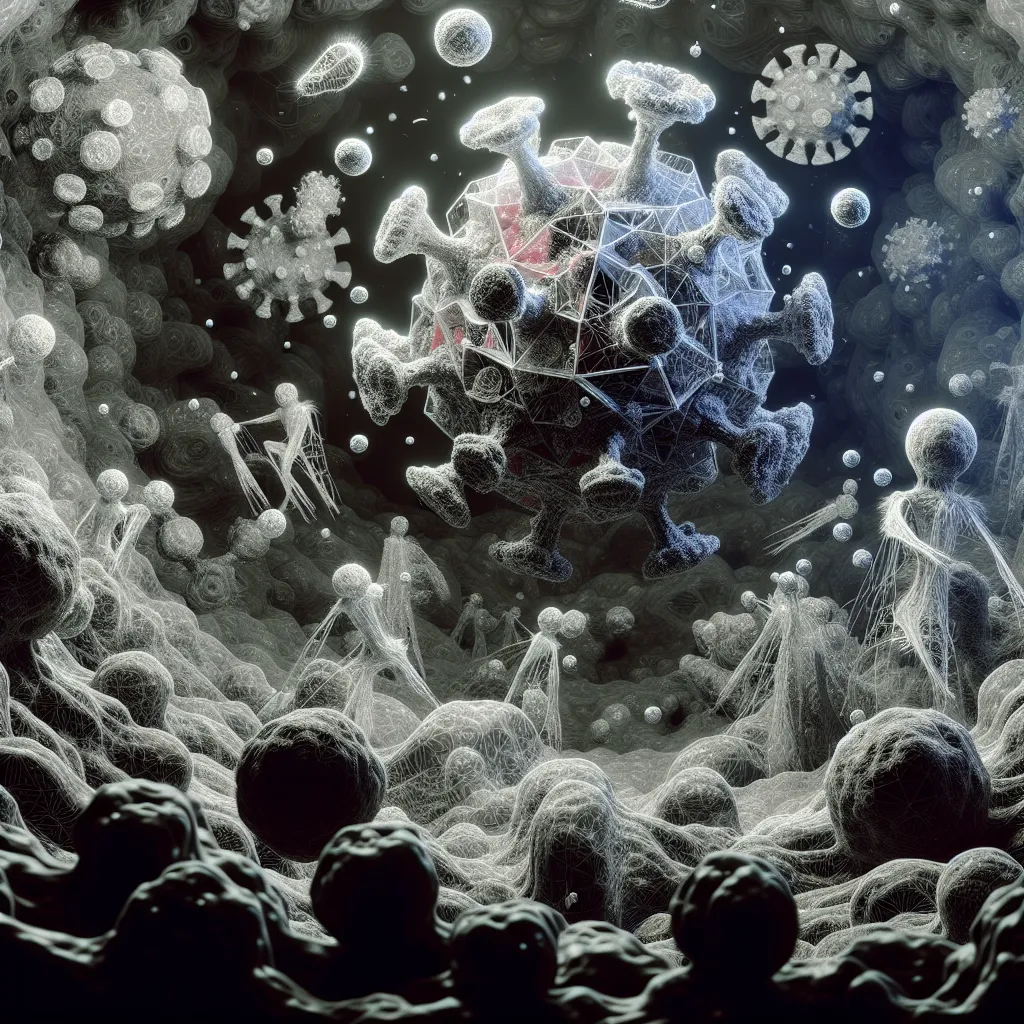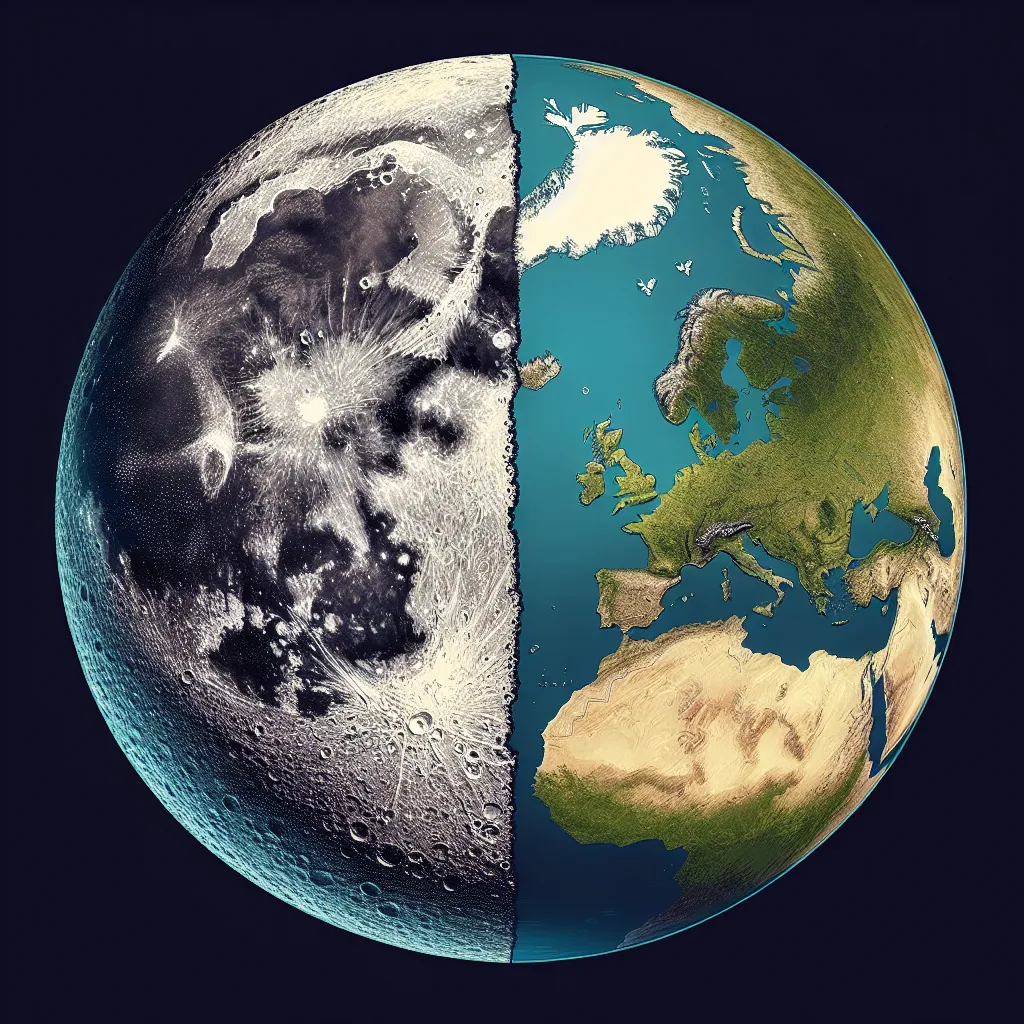Have you ever had a gut feeling that something was about to happen, only to find out later that your intuition was spot on? Or perhaps you’ve experienced those déjà vu moments where it feels like you’ve already lived through a situation before it actually occurs. These phenomena have long been the subject of fascination and debate, and recent research suggests that our intuition might be more than just a product of our subconscious mind; it could be a form of quantum precognition.
For over a century, scientists have been studying intuition under controlled laboratory conditions. These studies have delved into various aspects of intuition, including telepathy, remote viewing, and precognition. Telepathy involves the transmission of information from one person to another without using the five senses, while remote viewing is about perceiving a place or object that is not in the immediate vicinity. Precognition, however, is the ability to foresee future events, and it’s here that the quantum paradox of intuition becomes particularly intriguing.
One of the key findings from these studies is that intuition does not seem to be limited by the normal causal relations of time. In experiments on precognition, participants have shown significant accuracy in predicting future events, even when those events were completely unpredictable through any known sensory process. For instance, a study by Daryl Bem, a professor of psychology, involved nine experiments that demonstrated evidence of precognition and premonition in over 1,000 subjects. These results suggested that participants could sense future events before they occurred, a phenomenon that challenges our conventional understanding of time and causation.
But how does this work? Some researchers propose that intuition could be linked to quantum mechanics, particularly through the concept of quantum entanglement. Quantum entanglement is the phenomenon where particles can influence each other instantaneously, regardless of the distance between them. This idea, though counterintuitive to our everyday experience, has been experimentally demonstrated numerous times. Applying this concept to human intuition, it’s possible that our brains are tapping into a field of information that transcends the boundaries of space and time.
Jon Taylor, an interdisciplinary scientist, has explored this idea extensively. He suggests that precognition occurs when individuals connect with their future knowledge of an event, and information is transferred from the brain in the future to the brain in the present. This theory is inspired by David Bohm’s interpretation of quantum mechanics, which proposes a correlation between present and future brain states. According to Taylor, in precognition, we retrieve a memory that will be formed in the future, much like recalling a memory formed in the past.
This concept is not just theoretical; it has practical implications. For example, telepathic experiences can be seen as instances of precognition where individuals access their own future knowledge of an event. This could explain why some people have an uncanny ability to predict outcomes or avoid danger. The homing instinct in animals, dowsing for water and minerals, and even the remote viewing techniques used in covert government programs like STAR GATE could all be manifestations of this quantum intuition.
Electrophysiological studies have also provided insights into how our bodies respond to future events. Research has shown that our heart, brain, and autonomic nervous system can detect information about future events before they occur. For instance, studies using pre-stimulus effects have found that participants’ physiological responses can change before an emotionally engaging stimulus is presented. This suggests that our bodies are processing information from the future, even if our conscious minds are not aware of it.
Being in a state of psychophysiological coherence, where the heart and brain are in sync, seems to enhance this intuitive ability. When participants are in this coherent state, their brains are more attuned to information from the heart, which can modulate changes in brain activity. This coherence is crucial because it allows the body to process intuitive information more effectively.
However, this idea is not without its skeptics. Many mainstream scientists argue that precognition contradicts the conventional understandings of causation and time. They suggest that such phenomena could be the result of implicit memories or past experiences rather than any genuine access to future information. Yet, a large body of rigorous experimental research over the past 70 years has consistently shown that intuitive perception cannot be explained by flaws in experimental design, statistical techniques, or chance.
So, are we all secretly time travelers in our minds? While the idea might sound like science fiction, the evidence suggests that there is more to our intuition than meets the eye. Understanding and harnessing this quantum intuition could lead to significant breakthroughs in decision-making and even disaster prevention. Imagine being able to predict natural disasters or economic downturns with greater accuracy, simply by tapping into the future.
But how do we tap into this quantum intuition? The answer lies in challenging our conventional understanding of the world. Quantum mechanics and other radical ideas often defy our everyday intuition, but they also offer new perspectives on how the universe works. By embracing these non-intuitive concepts and integrating them into our mental picture of the world, we can expand our understanding and potentially unlock new abilities.
In essence, our intuition is not just a product of our subconscious mind; it could be a gateway to accessing information from the future. This quantum paradox of intuition opens up a mind-bending possibility that our gut feelings and sudden insights are more than just educated guesses—they might be glimpses into what is yet to come. As we continue to explore this fascinating blend of neuroscience, quantum physics, and the unexplained, we may find that the line between the present and the future is not as clear-cut as we once thought.






